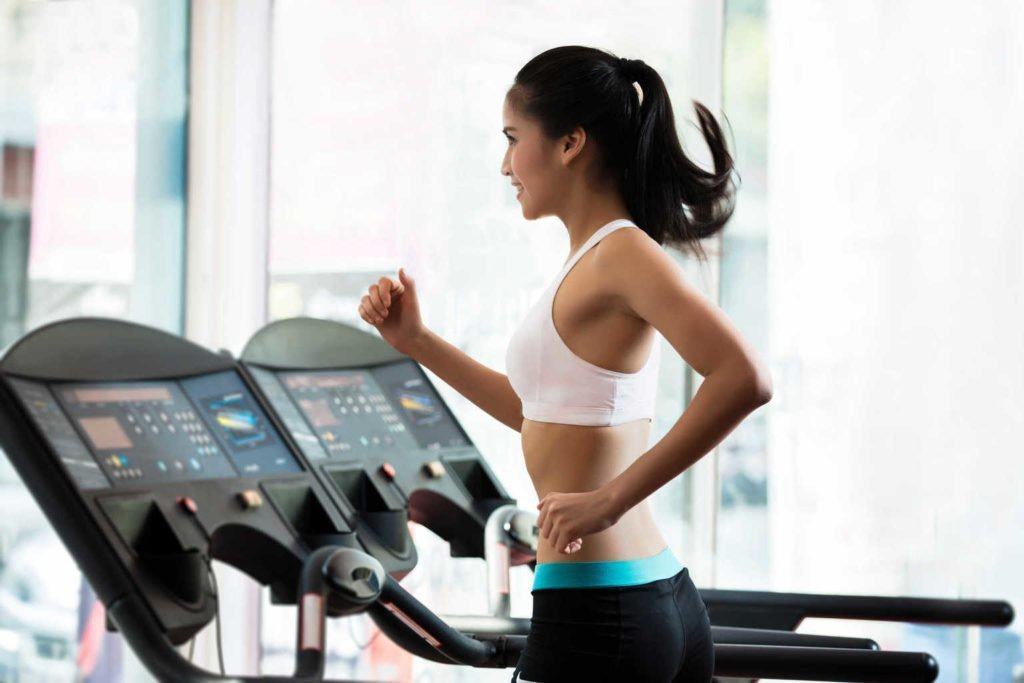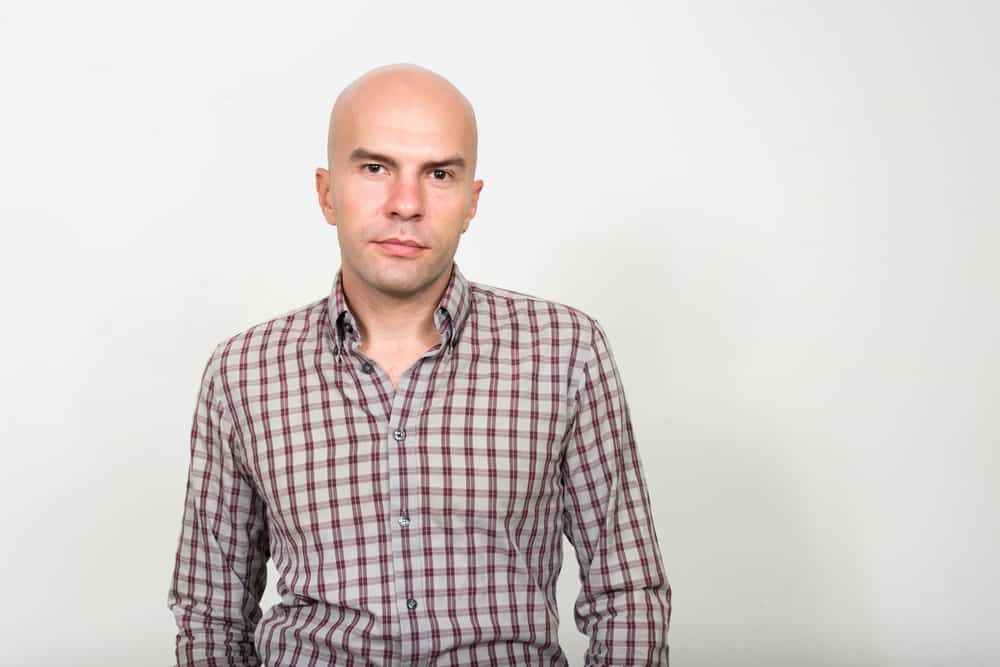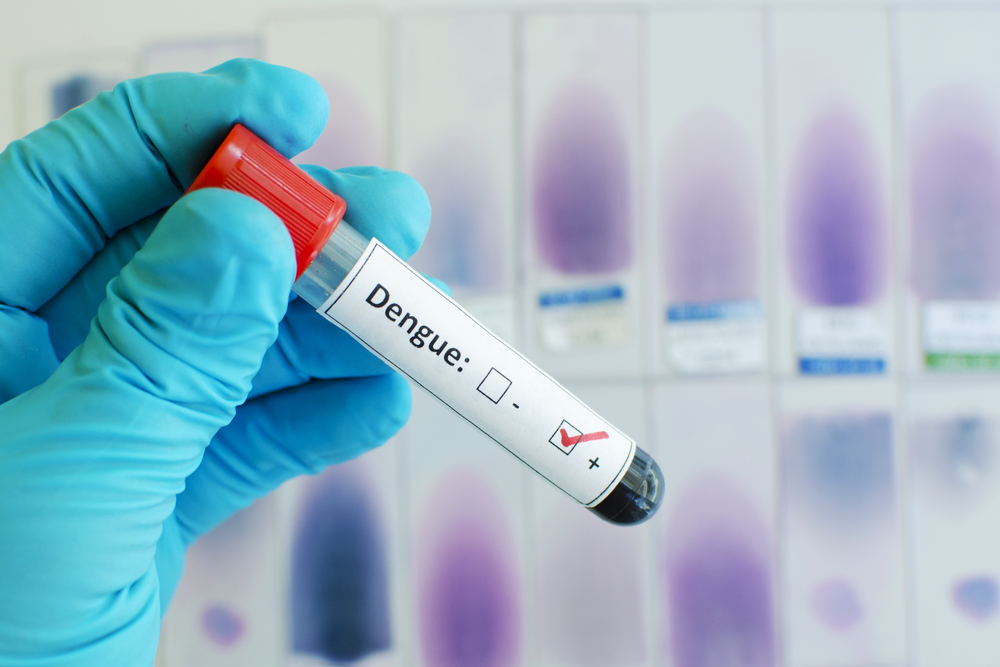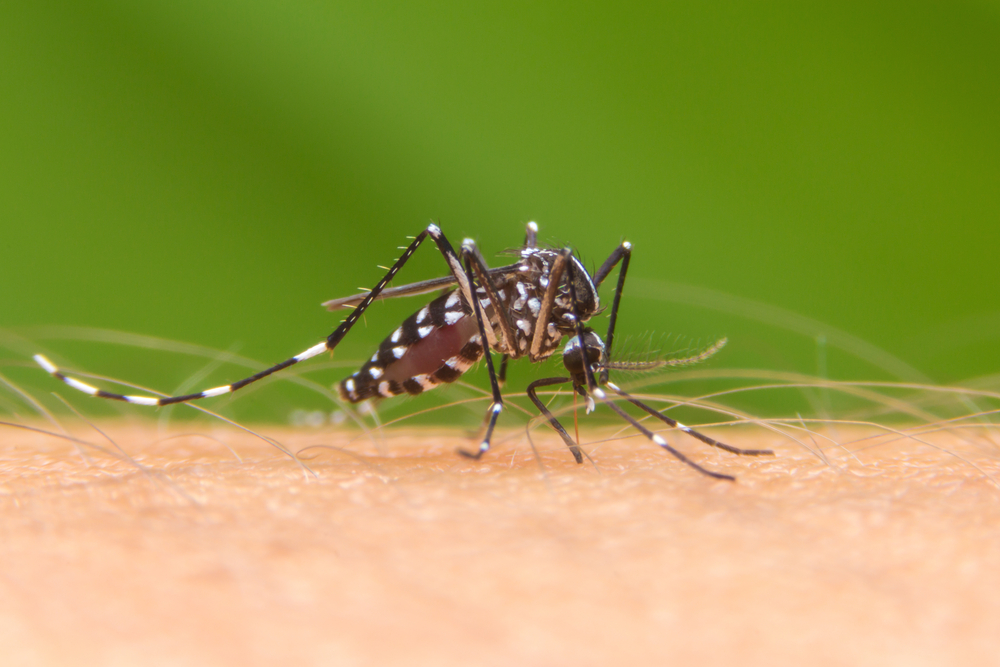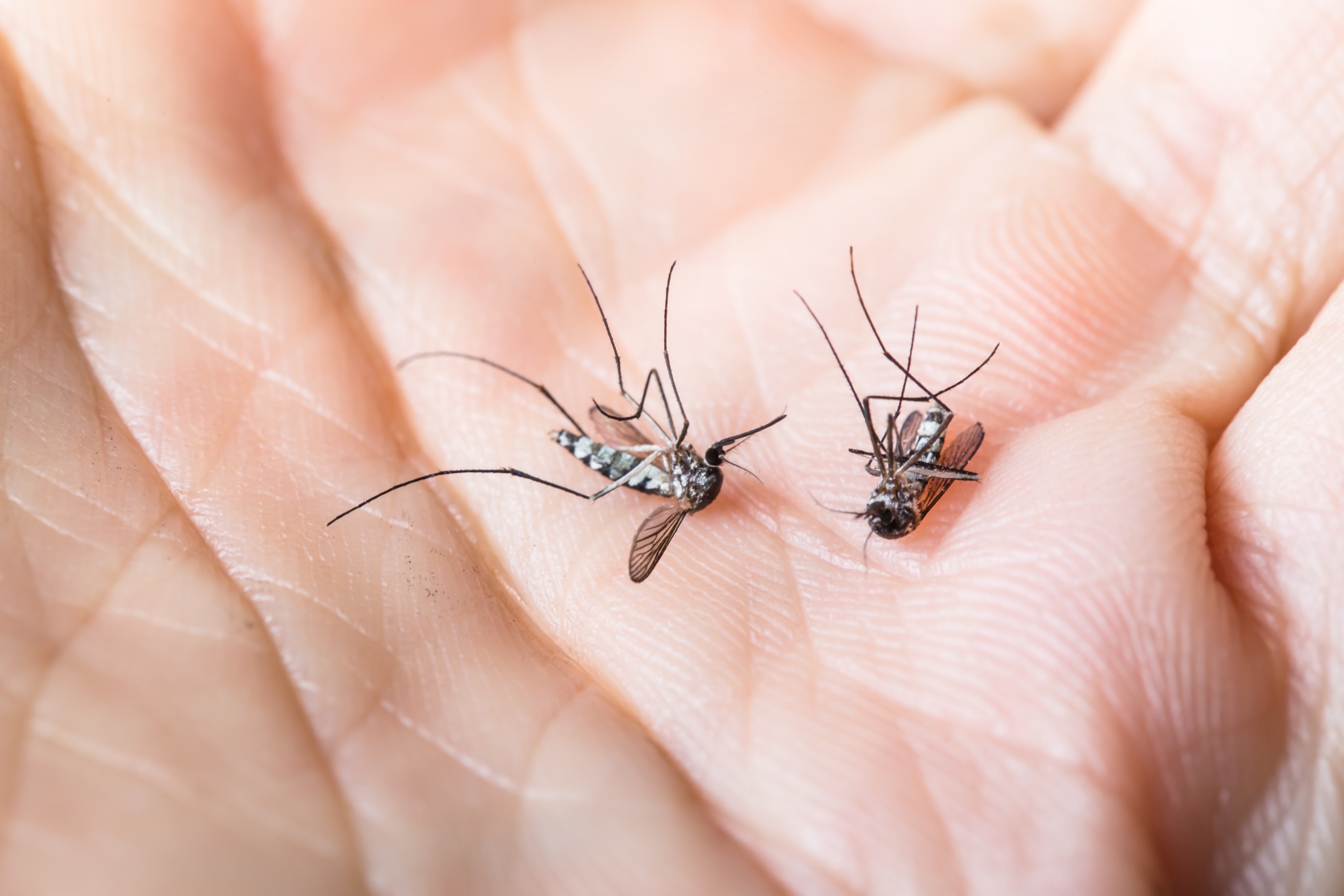Contents:
- Medical Video: Physical Activity and Heart Health
- The benefits of exercise for your heart
- The types of sports you can do
- 1. Cardiovascular or aerobic exercise
- 2. Strength training
- Another thing that must be considered when exercising for the heart
- The importance of heating and cooling
- Tips for exercising for the heart
- Contact your doctor immediately if you feel the following symptoms after exercise!
Medical Video: Physical Activity and Heart Health
Exercise should still be done, even if you have a heart problem. Although said so, it does not mean all sports can be done for people who have heart problems. What kind of exercise for the heart is allowed and good to do?
The benefits of exercise for your heart
Here are the benefits of exercise for heart health:
- Strengthen your heart
- Can reduce risk heart failure
- Lower blood pressure
- Make you stronger
- Helps you achieve (and endure) the ideal weight
- Helps stress management
- Increase mood and your confidence
- Improve sleep quality
Cardiologist or cardiologist You may have talked about what exercise is safe for people with heart problems. If not, it is very important to ask a few of these things before starting your regular exercise. Ask the doctor the following questions:
- How many exercises can I do every day?
- How often can I exercise every week?
- What types of exercise can I try and what sports should I avoid?
- Do I have to take medication at certain times when doing my regular exercise?
- Should I check my pulse while exercising?
- What health signs should I be aware of when exercising?
The types of sports you can do
Your sports plan in general will have 2 types, namely as follows:
1. Cardiovascular or aerobic exercise
This type of exercise for the heart, the most beneficial for your heart. Examples such as walking, running, jumping rope, cycling, rowing, and aerobics can strengthen your heart and lungs.
If you routinely do aerobic exercise, this can help you to control blood pressure and improve the quality of breathing, so your heart doesn't have to work that hard when you do sports.
2. Strength training
Strength training can shape your muscles. You might use barbells or weights at the gym. Usually you will do several sets for each type of weight training. But don't forget to rest your muscles and body, 1-2 days between training schedules.
Another thing that must be considered when exercising for the heart
The importance of heating and cooling
Every time you exercise you must start with warm up. Heating can help the body adjust its movements slowly, from the previously stiff one to being quite flexible due to the warming motion.
The best way to warm up is to do the same movements as you have planned to exercise, but in slower movements. If you experience chest pain, breathing problems, or dizziness, you should immediately stop exercising and tell your doctor about these symptoms.
After completing exercise for heart health, do not forget to do cooling or muscle relaxation. This movement is done slowly by slowing down the movement. Avoid stopping and sitting immediately after exercise! Sitting, standing still, or lying down after exercising can cause dizziness or headache, even heart palpitations.
Tips for exercising for the heart
The American Heart Association advises you to exercise as much as possible in a week. The more you exercise, the better the results and also can help improve your health.
If you are new to starting exercise, start gradually by increasing the time and weight of the sport. Check every minute whether you are still able to speak or breathe smoothly while exercising. If you can't, this means that you exercise too intensely. It's good to reduce a little.
Here are sports tips for heart health:
- Be sure to balance exercise and adequate rest
- Avoid sports like push ups and sit ups. Sports can torment muscles with each other.
- Do not exercise outside when the air is too cold, hot or humid. Moist air can make you tired quickly. Extreme temperatures can affect blood circulation, shortness of breath, and chest pain. It's better to try indoor activities like walking in a mall.
- Drink enough water so that you are well hydrated. Follow your doctor's instructions about how much fluid you can consume every day.
- Avoid bathing with too hot or cold water, or a sauna. Extreme temperatures can make the heart work harder.
- Don't exercise in bumpy hilly areas unless you have consulted your doctor. If it is necessary to walk on steep slopes, do it slowly when climbing up to avoid overwork.
If your exercise is delayed for more than a few days (such as illness, vacation, or bad weather), start over again.
Contact your doctor immediately if you feel the following symptoms after exercise!
Stop exercise and contact a doctor immediately if you feel some symptoms such as the following:
- pain in the chest
- limp
- dizzy and dizzy head
- sudden weight gain or swelling in the body, pressure or pain in the chest, neck, arms, chin, or shoulders
- other symptoms that require attention
If the symptoms continue after you stop exercising, or get worse, contact your doctor or immediately go to the nearest hospital emergency unit.
Exercising can make your muscles hurt at first. This is normal and the pain will gradually disappear after your body is getting used to its movements. But if you feel pain or other symptoms suddenly, immediately stop your exercise.

